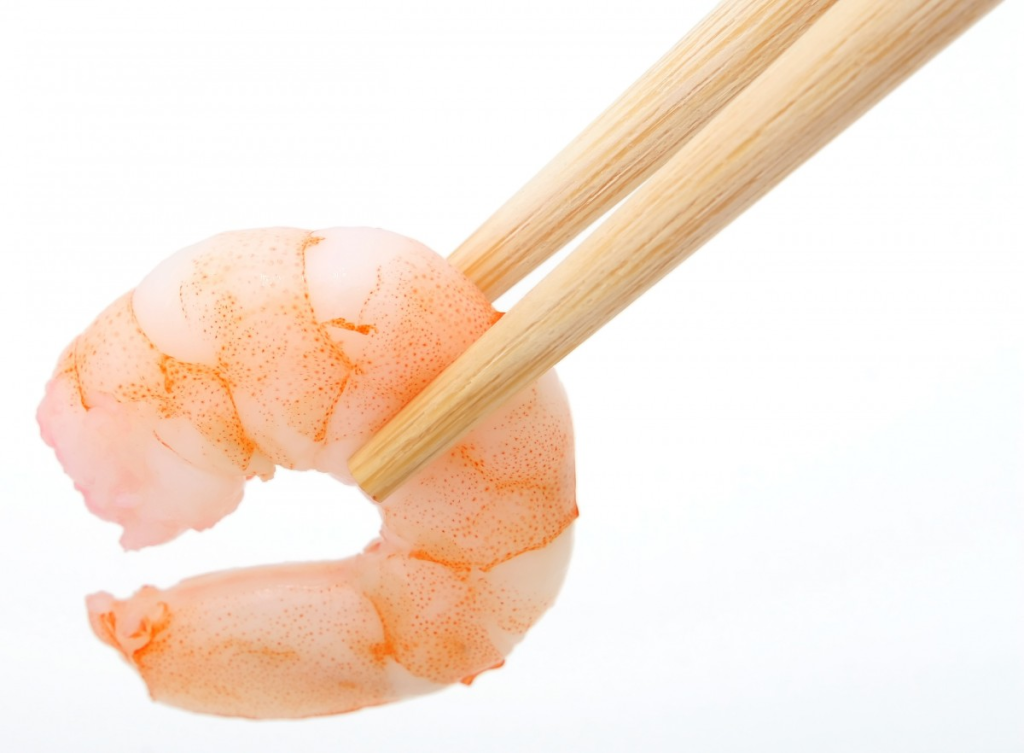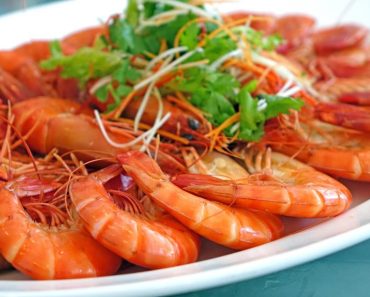Is it safe to throw a shrimp on the barbie and see if you can toss one to your dog? Prawns are one of the most delectable and healthy fish for humans. Are prawns hazardous for puppies? Can dogs consume prawns in the same manner as people?
Yes, they can! Prawns are not only beneficial for people; they’re also fantastic for dogs.
Here’s everything you need to know about prawns and dogs, as well as how to safely integrate the two of them.

Can Dogs Eat Prawns?
Yes! Prawns can be eaten by dogs in a variety of ways.
They may have just-cooked prawns that you’ve prepared yourself. Only as long as you remove the head, shell, and tail, and devein them correctly. Dogs can eat cooked prawns as part of their meals or as a healthful dog treat or snack.
Prawns can also be used to make pet food or snacks. Dogs may consume prawn-based meals or goodies. Prawns are found in a variety of items, including canned and dried foods. Whole dried prawns are one possible hazard that you can offer your dog straight after cooking.
Is Prawn a Healthy Food for Dogs?
Prawns are packed with nutritional benefits. Like other types of seafood, they’re high in omega-3 and omega-6 fatty acids. These two fatty acids have a nutritional punch and help to maintain your dog’s skin, joints, heart, and eye health. Omega-3 has been shown to aid in the alleviation of pain in dogs with osteoarthritis.

Prawns are high in protein, iron, niacin, phosphorus, zinc, selenium, magnesium, iodine, and vitamin B12. All of these substances have a positive influence on your dog’s health. Iron and zinc help to strengthen your dog’s bones and muscles as well as increase their metabolism and support the function of their nerves and immune system. Iodine can be beneficial for dogs with hypothyroidism.
However, one thing to bear in mind is that prawns are high in sodium and cholesterol. Excess salt intake can cause increased thirst and urination, as well as serious health issues such as sodium poisoning.
While prawns provide high amounts of cholesterol, it’s still advisable to offer them to your dog in small quantities. This is especially crucial if you have a dog with a special diet requiring low levels of cholesterol.

